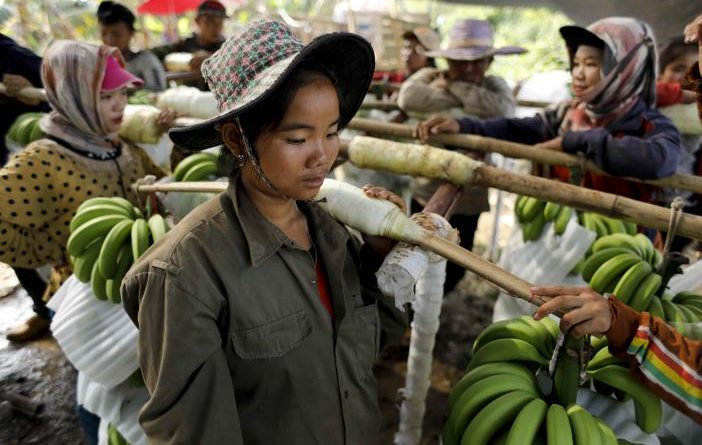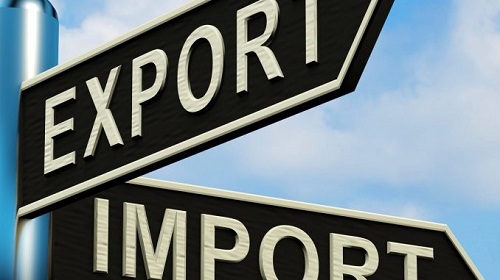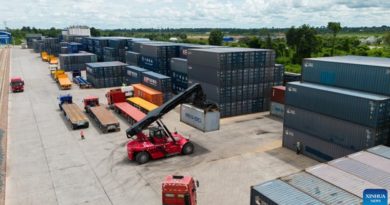Bananas Remain A Large Slice Of Laos’ Export Pie
Bananas continue to be a top earner among all agricultural products, earning revenue for local development, despite the government banning the creation of more plantations.
The export value of bananas to neighbouring countries, mainly China and Thailand, last year increased to about US$198 million, which is higher than in previous years, according to the Ministry of Industry and Commerce.
In 2017, Laos earned US$167.9 million from banana exports which dipped to US$112 million in 2018, ranking fourth in terms of revenue among all agricultural exports after wood pulp and waste paper, buffalo and cattle, and rubber goods.
Other major agricultural export earners are include cassava, raw coffee, rubber, maize and rice.
The export value of bananas increased as various plantations operating under the contract farming system became ready for harvesting.
The number of investors and banana plantations decreased after the government enforced a ban on granting land for new plantations and shut down companies that had violated regulations.

During 2016-17, a total of 117 companies invested in banana plantations covering 26,177 hectares across Laos, although this subsequently dropped to 90 companies and 20,408 hectares.
The agriculture strategy until 2025 states that bananas are a top agricultural export earner, create job opportunities, and generate income for local people so they can rise above poverty.
But some plantations harmed the environment because of a lack of management by the government, incomplete land allocation, and lax business registration.
For this reason, traders and investors were encouraged to enter into contracts with farming families to grow the crop.
But regulations have not been enforced, especially those relating to enterprises, investment promotion, chemical management, plant protection, consumer protection and environmental protection.
In 2014, the Prime Minister’s Office instructed the governors of northern provinces to ban individuals and companies from leasing or obtaining concessions for rice fields in irrigated areas for banana plantations.
In 2015, the Prime Minister’s Office issued an additional notice on the use of herbicides, pesticides and other chemicals on banana plantations.
In 2016, the Prime Minister’s Office issued a further notice aimed at resolving environmental issues and the impact of banana plantations.
Following these three notices, the Ministry of Agriculture and Forestry appointed technical teams and experts from the National Agriculture and Forestry Research Institute to conduct inspections of banana plantations in the northern provinces of Phongsaly, Luang Namtha, Bokeo, Oudomxay, Luang Prabang and Xayaboury.
The study showed that banana farming by ethnic groups is a long-standing practice.
They traditionally use banana leaves to make “mark beng” (handmade pyramids of banana leaves decorated with flowers) for religious rituals and to wrap confections, while the stems and branches can be used to make animal feed and the bananas eaten or sold.
The three notices led many banana growers to believe the government had banned the cultivation of bananas, but in fact the ban only concerned bananas grown in rice fields.
Banana plantations should follow good agricultural practices in line with the government’s clean, green and sustainable policies.
Growers should use herbicides and pesticides of a particular standard and not use chemicals that the government has banned, especially Paraquat and DDT.




